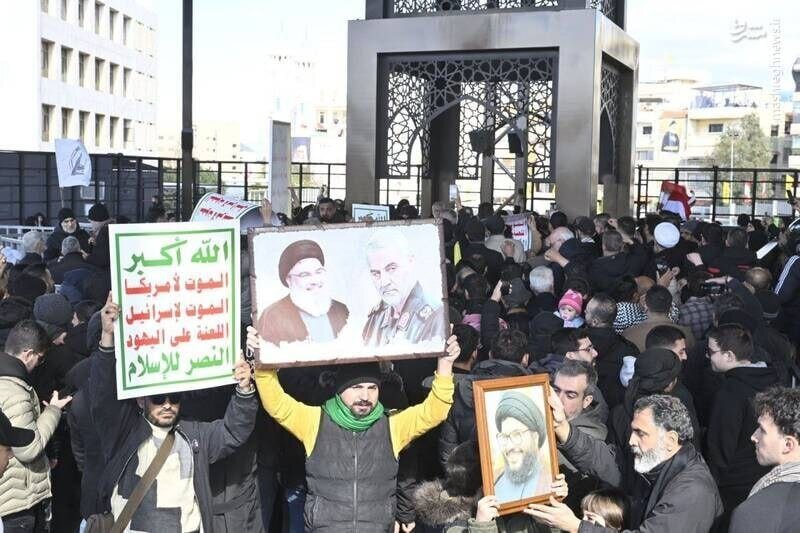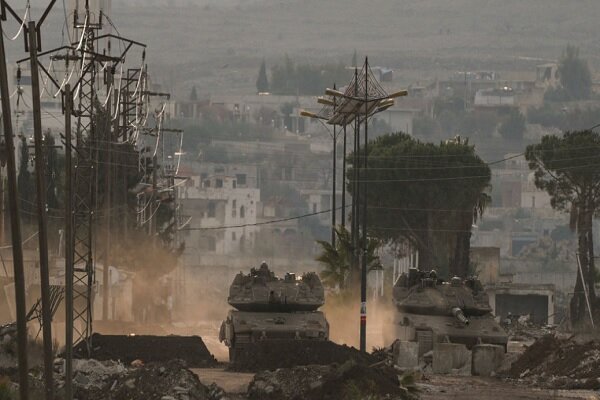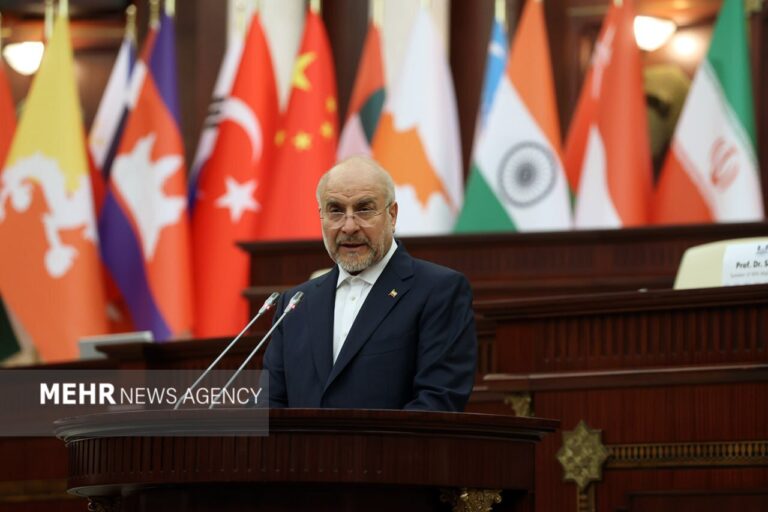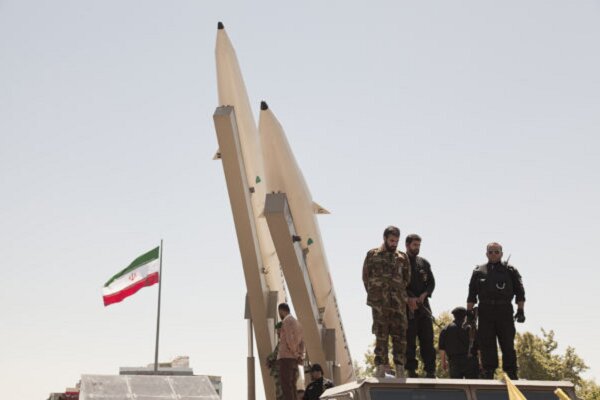Unraveling the Mystery: The Controversy Surrounding Nasrallah’s Defamed Mausoleum
In recent days, Lebanon’s media landscape has been shaken by a controversial intelligence report aired by Al Jadeed channel, which aims to discredit the mausoleum of Hezbollah’s martyr Secretary-General, Sayyed Hassan Nasrallah. This report has raised eyebrows and sparked significant discourse, especially given the Lebanese government’s inaction in response to what many perceive as a seditious attempt to undermine national sentiment. The report has been viewed as part of a broader campaign orchestrated by external powers, particularly the United States, to manipulate local media narratives against the Resistance.
According to a source familiar with the situation, the controversial report was crafted in Dubai by a Lebanese media lobby, under the supervision of Tahnoun bin Zayed, the Emirati intelligence chief, and in collaboration with Israel’s Unit 8200. This group is notorious for its misinformation strategies that aim to destabilize regional entities. The report fabricated a misleading narrative regarding the mausoleum, which reflects a broader pattern of disinformation.
Key points regarding the report and its implications include:
- Historical Context: The report’s claims mirror earlier false narratives, particularly a video aired during the Israeli war on Lebanon in late 2024, which alleged that Hezbollah was storing funds from the Al-Qard al-Hassan Foundation in underground tunnels.
- Questionable Standards: The nine-minute report was notably disavowed by Al Jadeed, which has since removed the term “Israeli enemy” from its newscasts, raising questions about its editorial integrity.
- Internal Turmoil: Al Jadeed is reportedly moving towards accepting the resignation of its editor-in-chief, Mariam Al-Bassam, due to her disagreements over the channel’s anti-resistance stance. The new editor is expected to be less experienced and more aligned with the channel’s current narrative.
- Employee Backlash: A number of Al Jadeed employees have voiced their opposition to the report by signing a petition, leading to retaliatory actions from the channel’s management, including the dismissal of journalist Rawand Bou Dargham and news editor Qassem Al-Bassam.
The trajectory of Al Jadeed under the leadership of Lebanese businessman Tahseen Khayat has raised further concerns. Khayat and his family, previously implicated in numerous corruption scandals, have a history of manipulating public sentiment to serve foreign interests that undermine Lebanese sovereignty. This raises critical questions about the motivations behind the channel’s reporting and its alignment with external agendas.
Many observers argue that Al Jadeed has transformed from a media institution into a family-run enterprise that prioritizes commercial interests over journalistic integrity. This shift poses a significant threat to the credibility of Lebanese media as a whole, especially in a time when the country is facing numerous challenges, including the ongoing U.S.-led Israeli aggression against the Resistance.
In his influential work, Self-Awareness and Dumbification (خودآگاهی و استحمار), political sociologist Ali Shariati discusses the dangers of media deception. He argues that distorting public perception is a tool of power used to impose policies that serve elite interests. Shariati emphasizes the need for critical awareness, stating: “In fateful moments, unless you are the master of the situation, you will become the victim of deception.” This sentiment resonates strongly in the current media climate, where misinformation threatens not only individual understanding but also collective national identity.
As Lebanon navigates these tumultuous waters, the role of media remains pivotal. The country’s media outlets must strive to maintain a commitment to truth and integrity, especially in light of the ongoing conflicts that challenge the very fabric of Lebanese society. The rise of anti-Resistance narratives, fueled by external influences, calls for a concerted effort among journalists and media professionals to uphold ethical standards and resist manipulation.
In conclusion, the current state of media in Lebanon, exemplified by the recent actions of Al Jadeed, underscores the urgent need for vigilance and ethical responsibility in journalism. As external forces continue to exert pressure on the media landscape, it is essential for all stakeholders to prioritize the truth and work towards fostering a more informed and resilient society.






